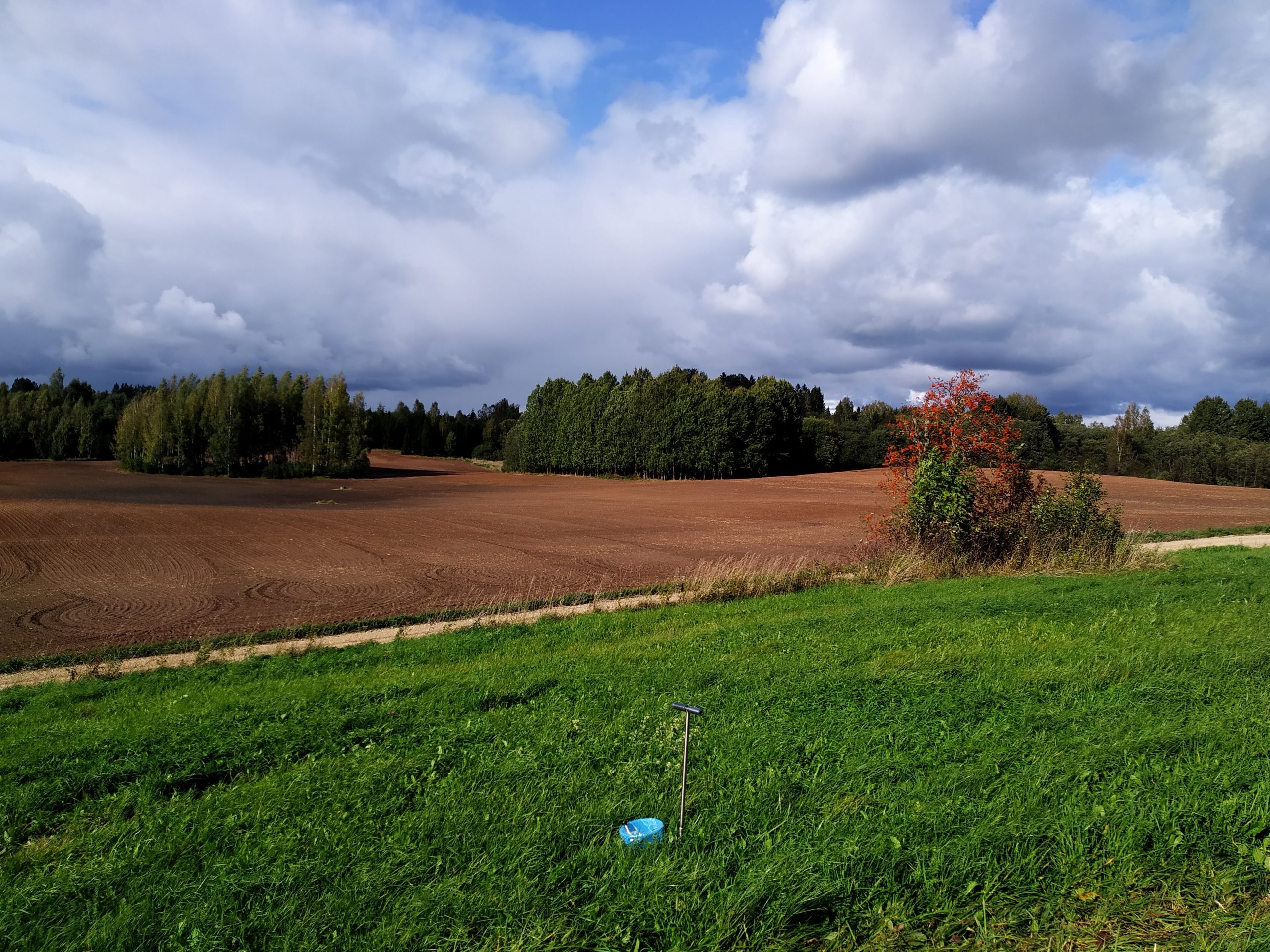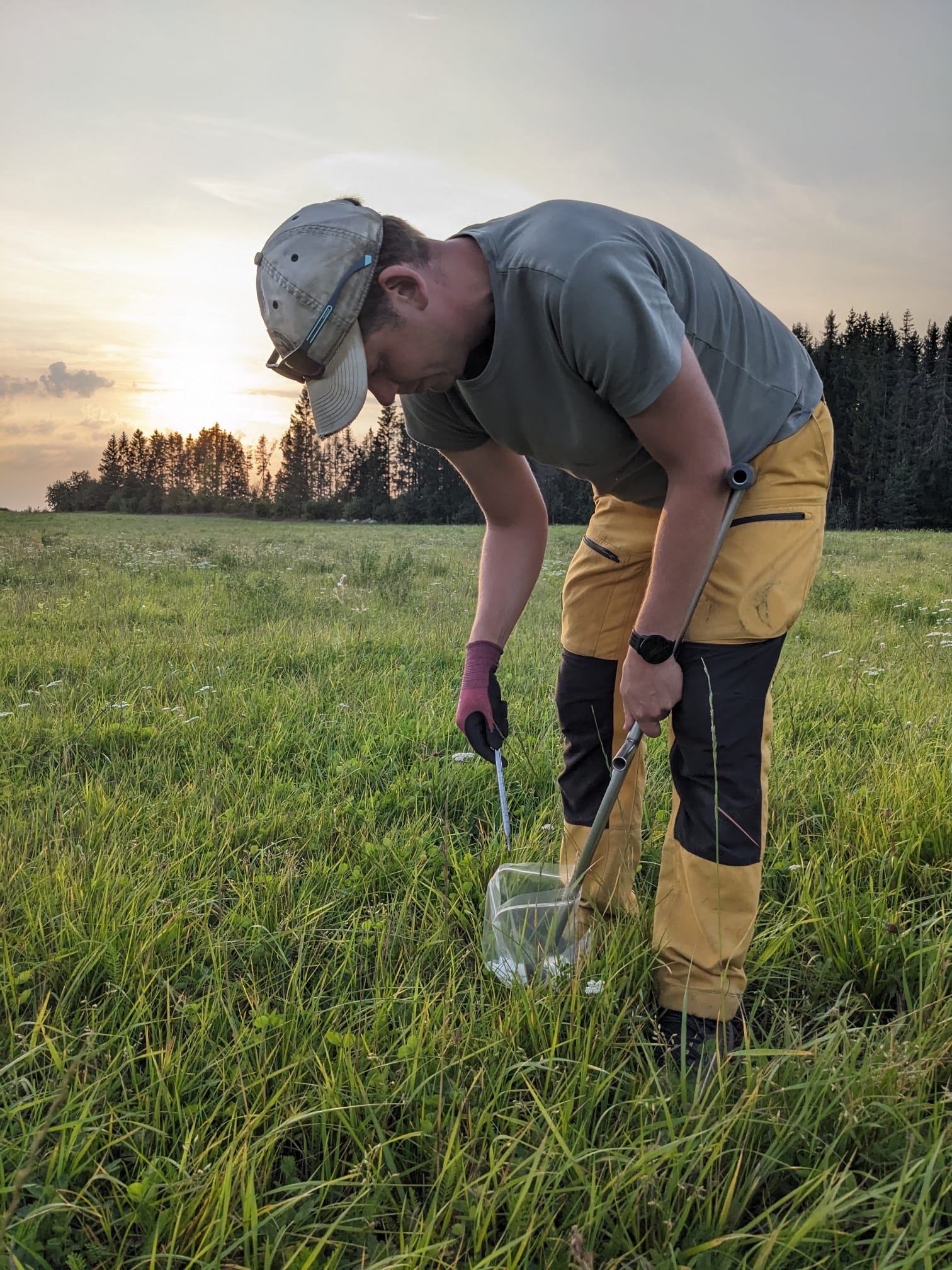At the beginning of August, when farmers were in full swing with the harvest, soil ecologists from the University of Tartu also began fieldwork for a project on agricultural soil biodiversity. The goal of the project is to get an overview of the condition of agricultural soil biodiversity in Estonia and to determine the impact of different farming practices on soil biodiversity.
This year 756 areas had been agreed upon in cooperation with 150 agricultural companies, from which soil samples would be collected during the summer. During the collection process, the fieldworkers experienced scorching heat, heavy rain, and had to navigate hard roads. On the other hand, they had the opportunity to see beautiful Estonian landscapes and meet friendly farmers and farm animals, who enthusiastically supported the sample collection efforts.
By the end of August, the fieldworkers successfully completed the sampling. They visited 756 areas across Estonia, of which 117 were permanent grasslands and 639 arable lands, and collected a record-breaking 15120 soil cores.


